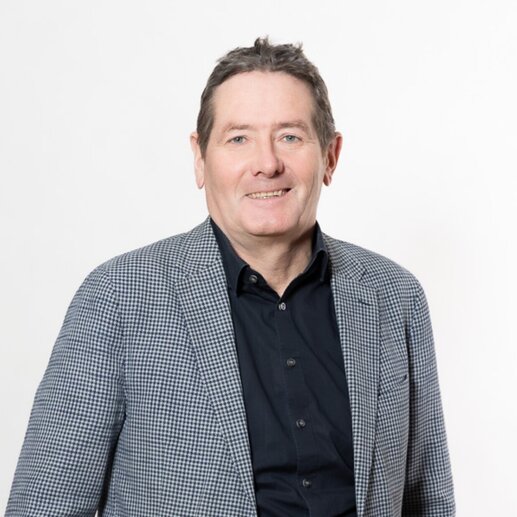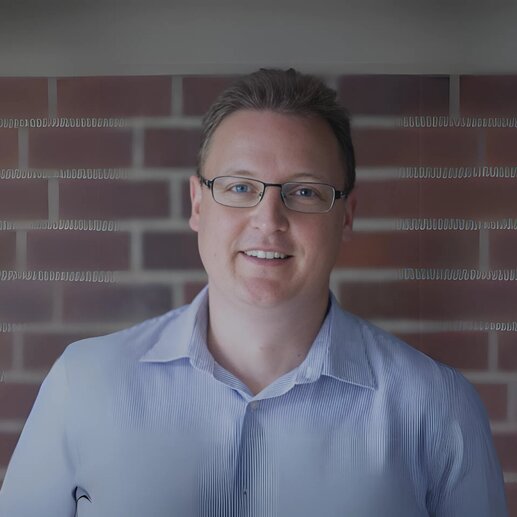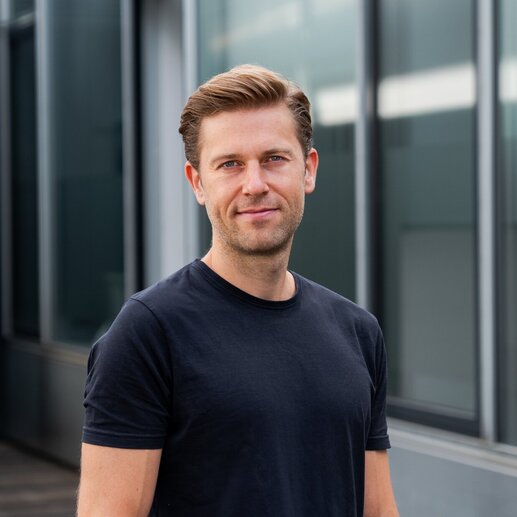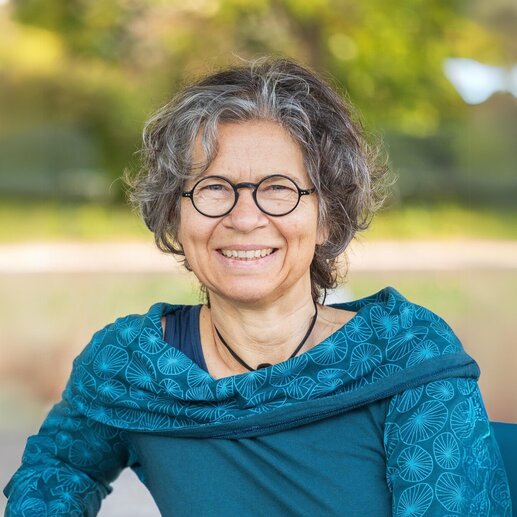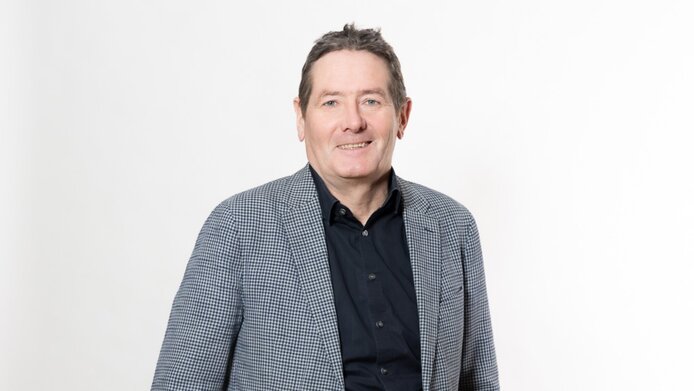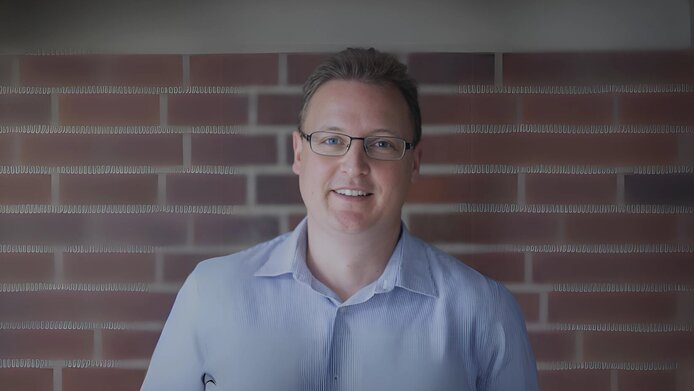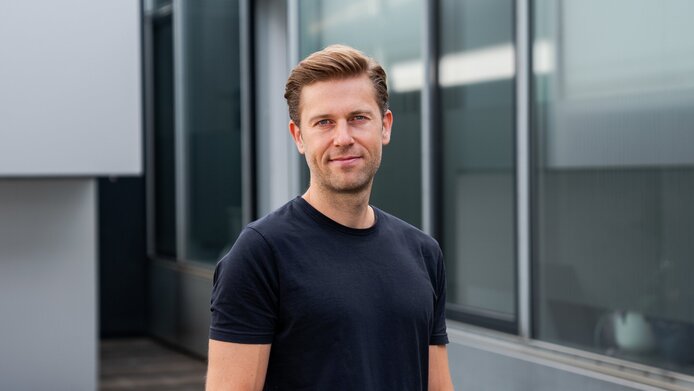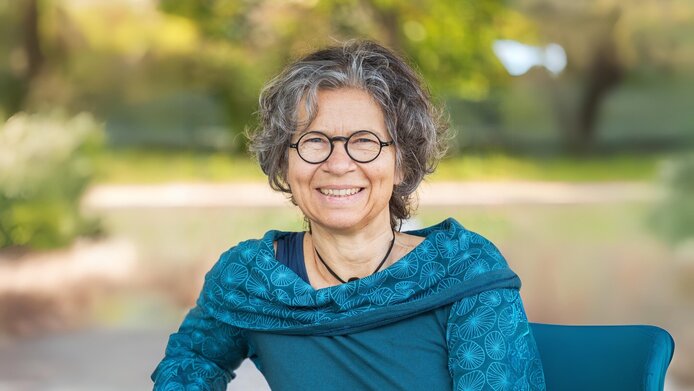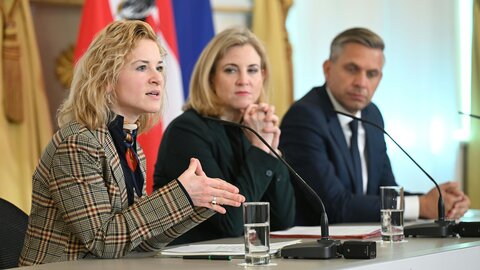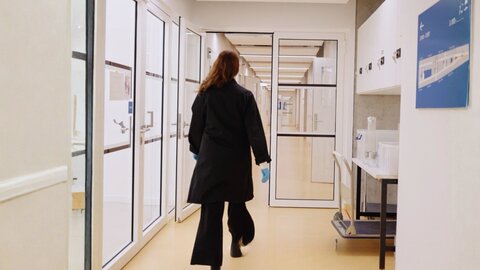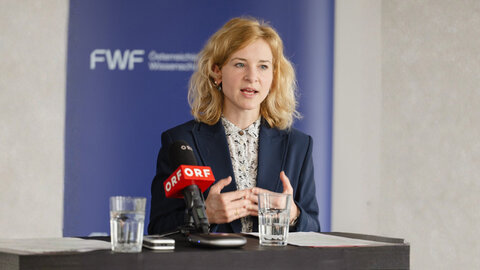Over two thirds of adult Austrians – including politicians – do not know what money actually is. This is one of the results of Klaus Kraemer's economic-sociological studies on the subject of money, which prompted his research group to supplement their research project on the use of cash and non-cash payment methods (“Payment Methods in Motion”) with a Citizen Science project focusing on the “digital euro.” “Many people are not aware that with digital payment methods such as PayPal, Apple Pay, or Google Pay, money creation is also increasingly in private hands. Only five percent of the money we deal with is issued by the European Central Bank, and so far, that is exclusively cash,” says Kraemer. The digital euro, which is to be issued for the first time in the next few years, would be the only public digital currency. What do EU citizens think about this? What do they know? The Top Citizen Science project will hold two citizens' conferences, one with students and one with a group compiled to be representative of the Austrian population. At these conferences, participants will learn about the digital euro and use social research methods to survey their attitudes towards it in order to critically question them. Sociologists, in turn, use the processes to understand how attitudes develop and possibly change. “We know from our studies that there is a great deal of mistrust in institutions such as the ECB. With the Citizen Science project, we will hopefully learn more about why this is the case and whether participation and information will change anything,” says Kraemer.
Open Science: Five New Top Citizen Science Projects
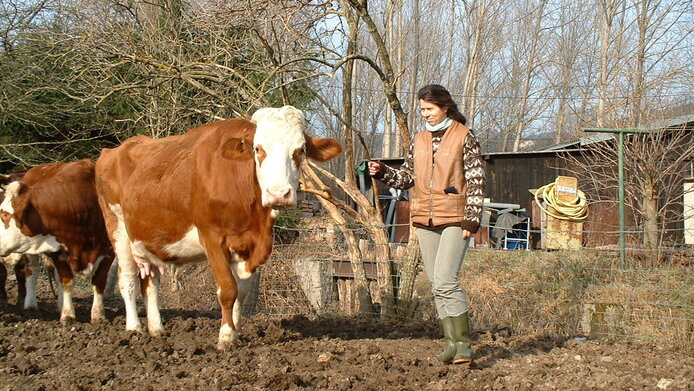
Science is an integral part of society and everyday life. This is demonstrated by the five projects that will be carried out this year for the next two years in cooperation with laypeople, including many kids and teens, thanks to funding from the FWF's Top Citizen Science program. "This year's projects are particularly relevant for both citizens and science. None of the projects would be possible without the involvement of laypeople, which strengthens our confidence in this type of research and in our funding program," says Christof Gattringer, President of the FWF.
This year, the FWF is funding five Top Citizen Science projects. The funding volume amounts to €460,000; a wide range of disciplines is represented, including communication sciences, sociology, veterinary sciences, microbiology, art and cultural history, natural sciences, social sciences, and humanities.
All Top Citizen Science projects are integrated into and complement an existing basic research project funded by the FWF, ensuring a high level of academic quality.
The current projects will run from 2025 to 2026. Below we will be introducing four of the five projects.
About Top Citizen Science
The Top Citizen Science program funds research activities that involve citizens to generate substantial additional findings. The scientific quality of the of the Top Citizen Science projects is ensured by an existing FWF project (basis project) that at the time of the funding decision (October of the year of submission) is still in progress. Top Citizen Science projects have a duration of up to 24 months and can receive a maximum of €100,000 in funding. Funding decisions on Top Citizen Science projects are made by the Scientific Board based on the results of an international peer review process.
